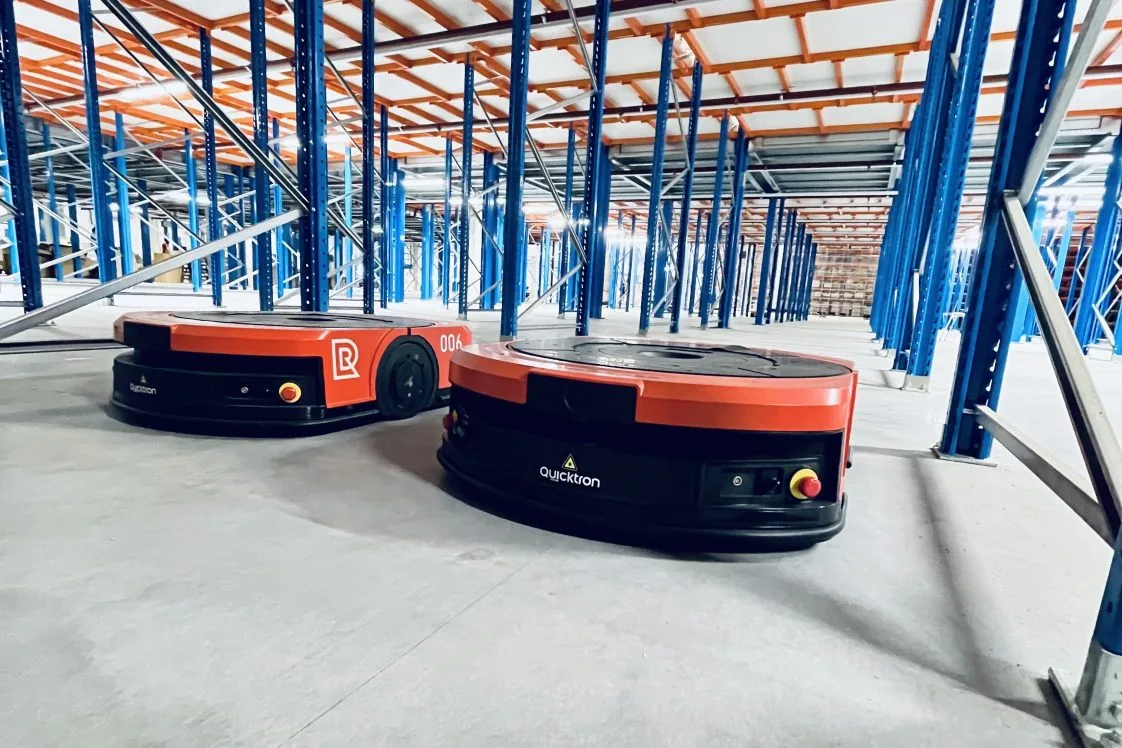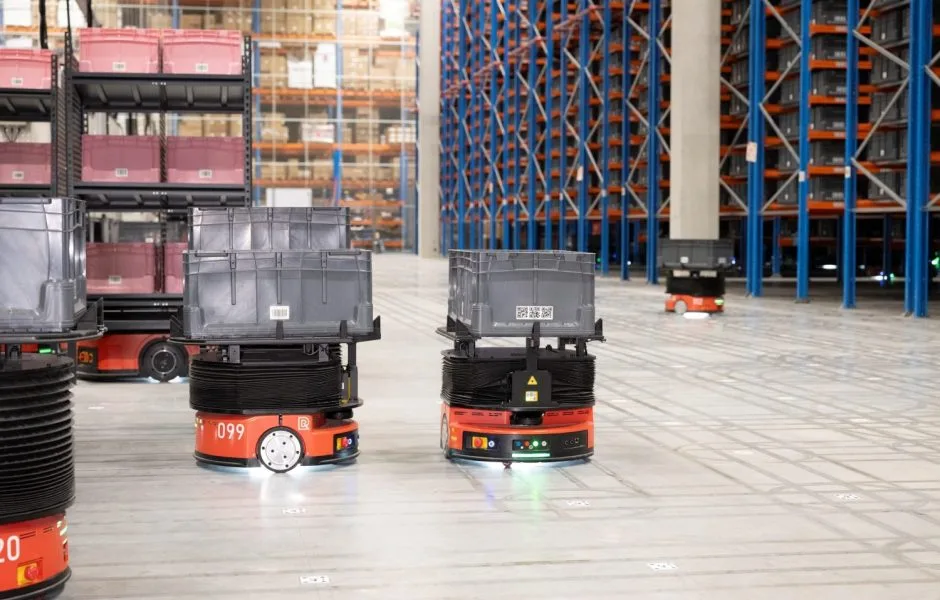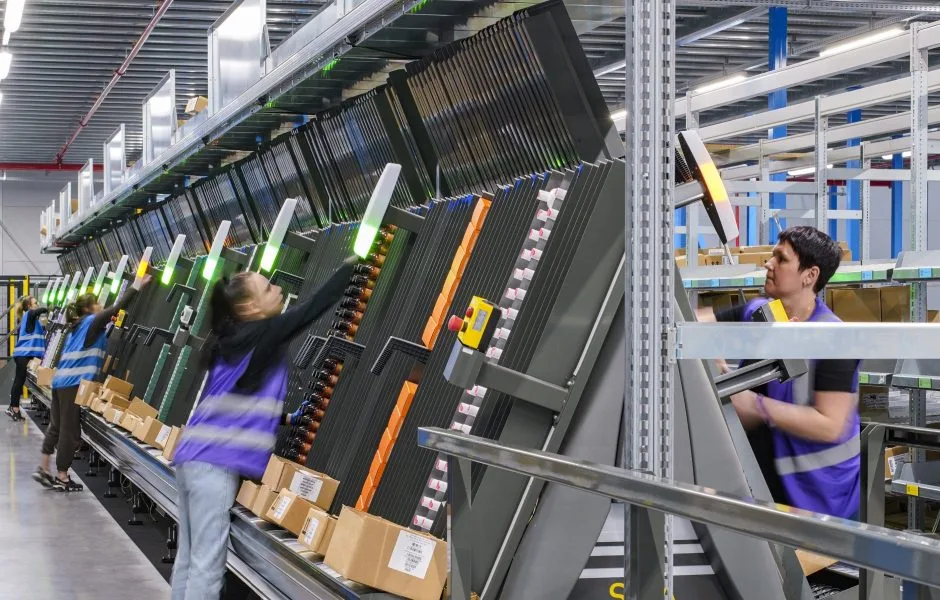Optimize Retail Operations With These 5 Types of Automation

Running a retail business grows increasingly complex due to rising e-commerce, diverse fulfillment methods, labour shortages, and supply chain issues. Automated technologies simplify operations, enhance order fulfillment, accelerate delivery, and minimize errors.
The role of automation in retail
Automation technologies aim to free humans for more valuable work by handling repetitive tasks and transactional labor. In retail, they enhance areas like marketing, finance, order processing, fulfillment, inventory, fraud prevention, HR, store management, and customer care.
Retail automation drives digital transformation by connecting data across sources and integrating systems in real-time. Seamless data flow enables automation of tasks that typically require multiple human steps, creating workflows triggered by actions like a customer clicking “checkout” in their cart.

Benefits of automated retail technologies
Automated systems enable retailers to streamline the customer experience across the entire retail ecosystem—from point of sale (POS) in-store and for online orders to fulfillment, delivery, returns, and customer support.
The primary benefits of automation in retail include:
- Modernizing customer experience. Customers seek a seamless omnichannel shopping experience, enabled by automation linking back-end systems to front-end interfaces for efficient data management and processes, enhancing satisfaction.
- Lowering labour costs. Retail automation lowers operational and labour costs by streamlining tasks like order fulfillment and workflows. In customer care, chatbots and virtual agents handle routine actions and assist human agents to enhance efficiency and interactions.
- Improving efficiency. More streamlined workflows and processes can reduce wasted resources, cut down on time-consuming manual tasks, and improve efficiency across retail business processes.
- Increasing scalability. Artificial intelligence (AI) and machine learning (ML) technologies can perform complex tasks faster and at an exponential scale compared to employees. From being the front line of defense for e-commerce fraud protection to fulfilling larger volumes of orders at faster speeds, these technologies enable retailers to seamlessly scale and serve more customers—which is especially important during peak season.
- Enhancing risk management. Humans are prone to making errors, and factors like fatigue and distraction can increase mistakes, especially in the order fulfillment process. Automation completes the same workflow in the exact same way every time. While AI, ML, and robots are not infallible (they do make mistakes, which is how AI is trained to “learn” from mistakes), they significantly reduce errors and help mitigate risk across the business.
- Improving agility and resilience. Automation, when done well, enables retailers to be more agile and resilient in their ability to weather disruption and changes, including supply chain management and periods of growth.

Types of automated retail processes
There are different types of automation in retail, but automated retail technologies for workflows/processes, analytics, order fulfillment, inventory management, and robotics are often the primary focuses. Retailers that deploy retail automation solutions into these areas of the business will be well-positioned to compete and deliver exceptional customer experiences.
- Workflow/process automation. Automating workflows and processes starts with data integration. Connected data can support application and system integration. With the support of an integration platform as a service to automate the integration process itself, it can enable retailers to easily connect software and platforms to create custom workflows that make sense for the business and the customer experience.
- Analytics automation. Retail technology produces vast data on customer behavior and business touchpoints, often siloed across systems. Automating analytics enables real-time detection, analysis, and data-driven decision-making.
- Order fulfillment automation. Automating order fulfillment prevents errors and delivers a smooth customer experience, from payment to shipping and reverse logistics. Modern systems centralize operations with dashboards and integrate with key logistics and shipping platforms for efficient management.
- Inventory management automation. Inventory tracking is more complex as stores act as mini distribution centers with fulfillment options like BOPIS, BOPAC, and ship-to-store. Real-time visibility in inventory management software ensures adequate stock and supports efficient order fulfillment.
- Robotic automation. Robots are changing order fulfillment in warehouses and distribution centers. A fleet of robots can automate the picking and packing process with increased speed, accuracy, and a never-in-need-of-rest workforce. From completing the entire order fulfillment process to using pick and pack services, robotic order fulfillment is fast becoming the norm for modern fulfillment centers. Additionally, autonomous vehicles are serving as delivery options in many urban areas to deliver packages to customers.
These different but connected types of automation in retail are part of what makes enterprise-level companies successful at optimizing their omnichannel operations. Regardless of the size of your company, digitizing your processes and deploying automated retail technologies will positively impact your productivity, efficiency, and customer experience while cutting costs and improving revenue and loyalty.
Outsource fulfillment with Radial. Find out how Radial’s scalable, tailored, and automated e-commerce fulfillment solutions can optimize your retail business and help you exceed customer expectations.
Contact Us (EUR)
By submitting this form, you agree to our friendly privacy policy.
